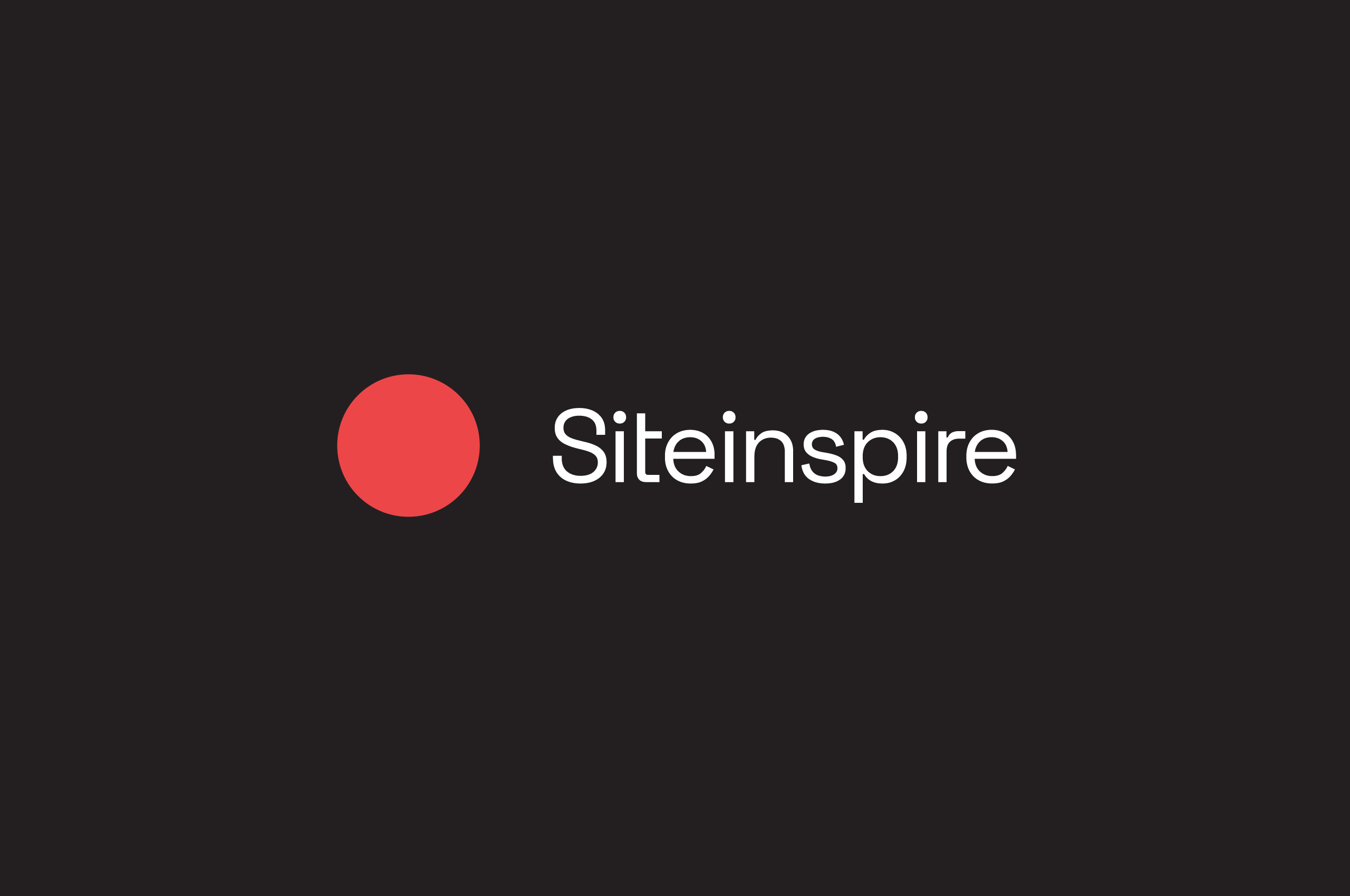New York (CNN Business) Gab news, an alternative social media network popular with conservatives, the alt-right and some extremists, is surging in popularity after conservative social network Parler was effectively taken off the internet in the wake of the January 6 Capitol siege.
On Thursday, Gab tweeted that it gained 2.3 million new users over the past week. During that time period, people visited Gab 55 million times, viewing 100 million pages on the social network, Gab said.
The platform has been criticized for hosting hate-filled, violent speech, for which it has been — like Parler — ostracized from most Big Tech companies that serve as front doors to the internet. Because of that, Gab has had some difficulty keeping its platform working smoothly during the recent influx of traffic.
Parler appears to be close to returning online, after being kicked off Amazon Web Services on January 10. The website on Sunday evening featured a message from Parler’s CEO, John Matze, in which he stated, “We will resolve any challenge before us and plan to welcome all of you back soon. We will not let civil discourse perish!”
What is Gab?
Gab, founded in 2016, coins itself as the “free speech social network” with a mission to “defend, protect and preserve free speech online for all people,” according to its website description.
Enter your email to subscribe to the CNN Business Newsletter.
close dialog
The platform looks like a mix of Twitter (TWTR) and Facebook (FB) and users can post what it bills as “gabs” of no more than 300 characters. But, unlike those mainstream social media networks, Gab features virtually no moderation of the content users post.
Gab also has a pro-subscription tier, a merchandise shop and its own web browser extension “Dissenter” that creates it owns commenting system.
“We believe that the future of online publishing is decentralized and open,” the platform’s site reads. “We believe that users of social networks should be able to control their social media experience on their own terms, rather than the terms set down by Big Tech.”
As of April 2020, Gab reported 1,157,000 cumulative registered accounts and 3.7 million monthly visitors globally, according to a US Securities and Exchange Commissions annual report.
Why is it controversial?
Gab’s lax approach on content has made way for a slew of QAnon conspiracy theories, misinformation and anti-Semitic commentary on the platform, among lots of vile hatred and racist posts — much of wouldn’t be allowed on today’s well-known social apps (although mainstream social networks have their own problems moderating extremism as well).
One exception: Gab blocks posts that involve “illegal activity, threats of violence, doxxing, pornography, child exploitation and spam,” which, Gab claims, it takes action to “prevent and remove.”
The controversial messaging app is also home to some prominent conservative voices such as Richard Spencer and Alex Jones, some of who’ve been banned off more mainstream social media platforms like Facebook and Twitter.
After Twitter banned President Trump, White House officials were considering getting the president an account on Gab. That is, until Jared Kushner nixed that idea because of anti-Semitic speech on the network.
Why it’s banned?
Gab first drew public scrutiny in 2018 following the discovery that the suspected Pittsburgh synagogue gunman used the network to threaten and target Jews. The suspect’s profile featured the message: “I can’t sit by and watch my people get slaughtered. Screw your optics, I’m going in,” right before allegedly killing 11 people at the Tree of Life synagogue.
Gab noted in a statement in 2018, that it “unequivocally disavows and condemns all acts of terrorism and violence.” It also said it suspended the account and contacted the FBI.
It was forced offline, following the shooting, after being banned by online payment processors, PayPal (PYPL) and Stripe along with domain registrar GoDaddy and website hosting service Joylent over hate speech violations.
Despite attempts from Big Tech companies to shut the network down, Gab has managed to remain online. Its site is now under a different domain registrar, Epik, which welcomed the platform in 2018.
Who owns Gab?
Gab was founded by Andrew Torba, an entrepreneur Trump supporter, who describes himself as a “conservative Republican Christian.” Torba, who used to work in Silicon Valley, created the alternative network in response to reports that social platforms like Facebook were biased against conservatives.
“I didn’t set out to build a ‘conservative social network’ by any means, but I felt that it was time for a conservative leader to step up and to provide a forum where anybody can come and speak freely without fear of censorship,” Torba told the Washington Post in 2016.
“Every major communication outlet, every major social network, is run, owned, controlled and operated by progressive leaders, progressive workers in Silicon Valley,” he told The Post.
What’s next for Gab?
Gab is now facing a call from the Anti-Defamation League for a criminal investigation to determine whether the platform “intentionally aided, conspired with or directed” those who attacked the Capitol on January 6.
The anti-hate group noted in an open letter on Wednesday there was at least one report that Gab users exchanged “directions for which streets to take to avoid the police and which tools to bring to help pry open doors.”











